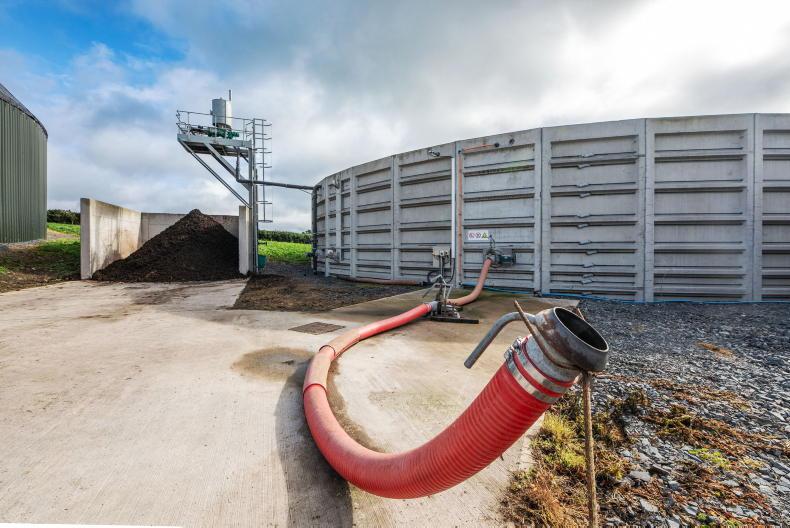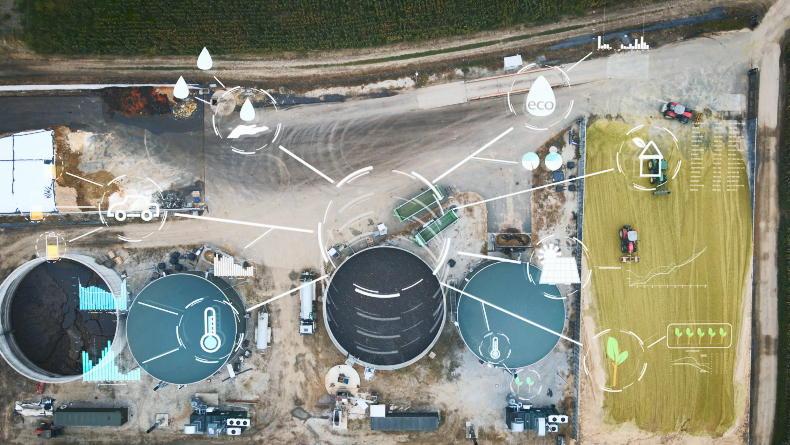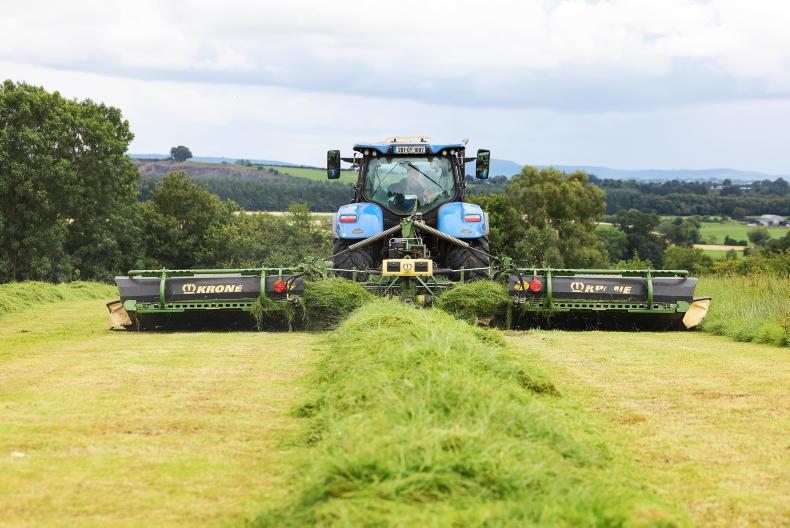There is a need for widescale production of biochar in Ireland, the Irish Bioenergy Association (IrBEA) has said.
Biochar is a carbon-based product, which is created when rushes, scrub, bracken and other material are fed into a machine.
It can be added to slurry, animal feed and a range of other materials and has a high carbon content.
In 2019, the Irish Farmers Journal reported that rushes from farms were converted to biochar worth €1,750/t on world markets.
The IrBEA has said that biochar production and use is a new emerging opportunity in Ireland that needs to be embraced for its full benefit to be realised in addressing a series of challenges across many of our sectors.
Benefits
Biochar could benefit the forestry, agricultural and environmental sectors as a soil remediator, a slow-release fertiliser, a filtration medium, an animal feed additive, a potential peat replacement and as a carbon sink, it said.
IrBEA project executive Stephen McCormack said that while research into biochar and its various applications is increasing, much more is needed for its widescale production and use to be realised.
“We call on national authorities, research and funding bodies to take this opportunity seriously, by providing greatly enhanced funding and resources to further explore and understand biochar’s uses and applications in an Irish context.”
Waste
Biochar can be produced from indigenous biomass including food processing waste, woody biomass, fibrous grassy material or from a variety of sludges or manures.
Biochar production is accessible at many scales and equipment can vary in size and complexity, depending on output required.
“Biochar is increasingly being used in different applications across many industries.
"Its porous nature, large surface area, surface chemistry, ability to bind with different substances and adsorption capacity makes it a very versatile and useful material.
“All these properties need to be further investigated in an Irish context through funded research and development projects,” he said.
Biochar in farming
Biochar makes a useful tool for binding with nutrients and water in the soil, allowing for their retention.
IrBEA said farmers can add it to slurry, manure and composting processes, aiding in the reduction of fugitive emissions and odorous compounds and it can be used as an additive for animal bedding, poultry litter and animal feed.
“These applications have the added benefit of increasing the carbon content of the material that gets composted, land spread or incorporated into the soil.
"Biochar, in the form of activated carbon, is showing promise in water and wastewater treatment. Biochar filters on farms can reduce nutrient run-off and reduce the risk of eutrophication,” it said.
IrBEA CEO Seán Finan said biochar production can play a part in many sectors and also in the provision of renewable heat.










SHARING OPTIONS